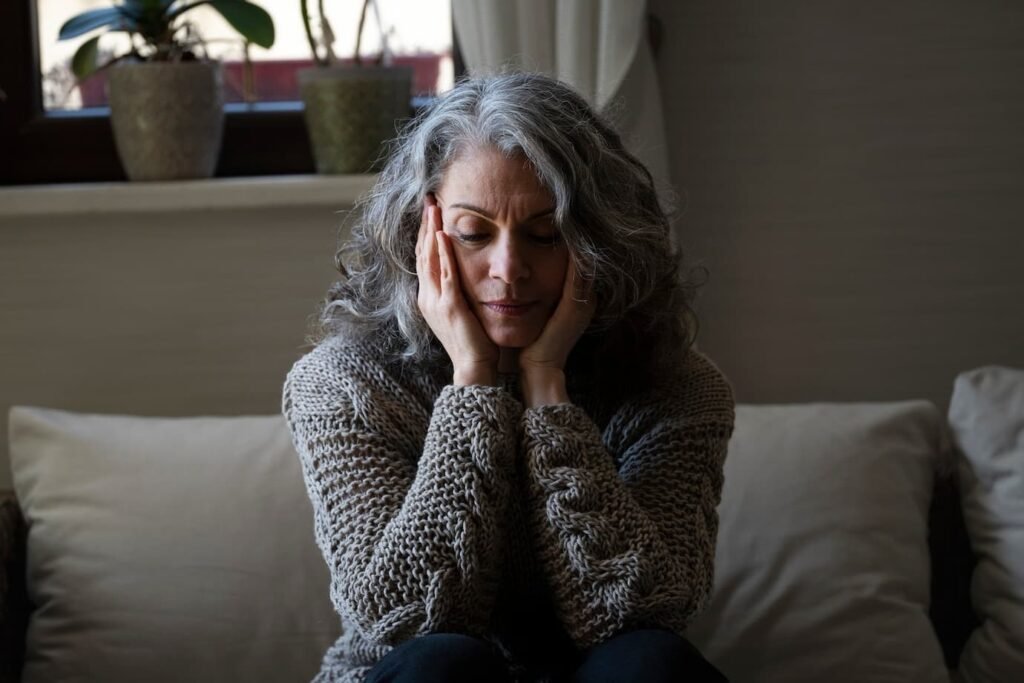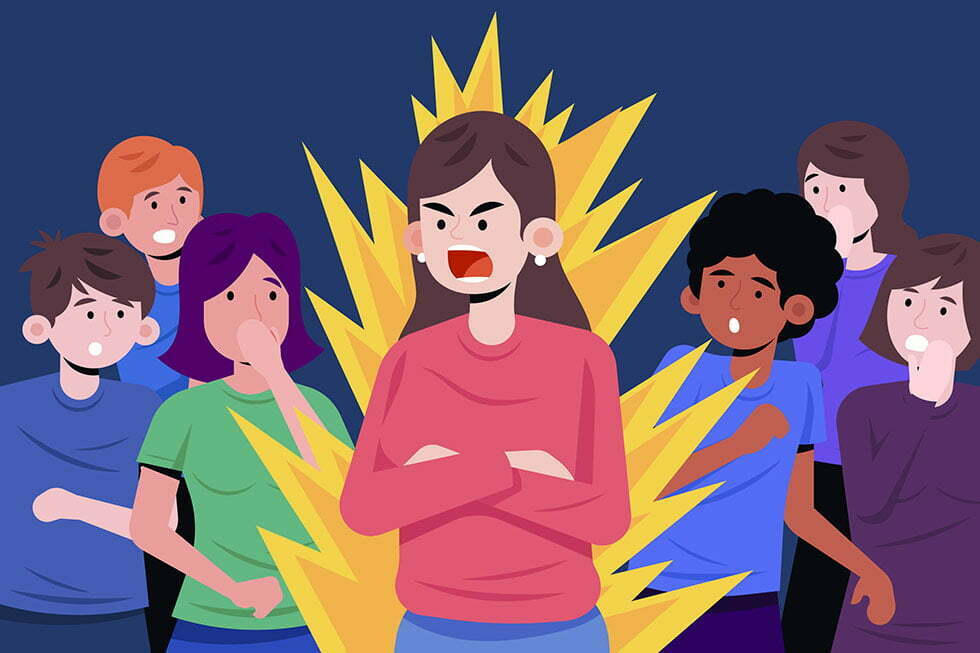Talk to a Psychologist for Online Counselling
Book Appointment Now 100% Private & Secure
Convenient, 100% anonymous, safe, certified professional counseling online.“By the time you’re eighty years old, you’ve learned everything. You only have to remember it.” – George Burns
Mr. Kashyap was an octogenarian, a person in his early 80s, a diabetic, a heart patient, with 3 stents and a history of 3 heart attacks. He was on medication for many years. He served as a Democrat. He was an active person throughout his life, ready to mingle with people, help others, handle major crises, etc. Off late, his behavior changed completely. He turned abusive towards his 78-year-old wife. She too was a patient with 2 major surgeries. He became very arrogant towards other family members, behaved irritantly all the time, and picked up a fight with everyone around whenever he went. His wife looked worried, and his abusive behavior put her into depression.
His family and children were worried about his condition. When confronted about this irrational behavior, he blatantly replied and gave up his food and medicines. This worsened the anxiety of his family members, as he was a diabetic and was supposed to take timely meals and medicines. When his family members forced him to eat, he threatened to commit suicide or leave the house immediately. This put his children under tremendous pressure. His son contacted a psychiatrist. And the mental health expert said it’s a case of geriatric depression.
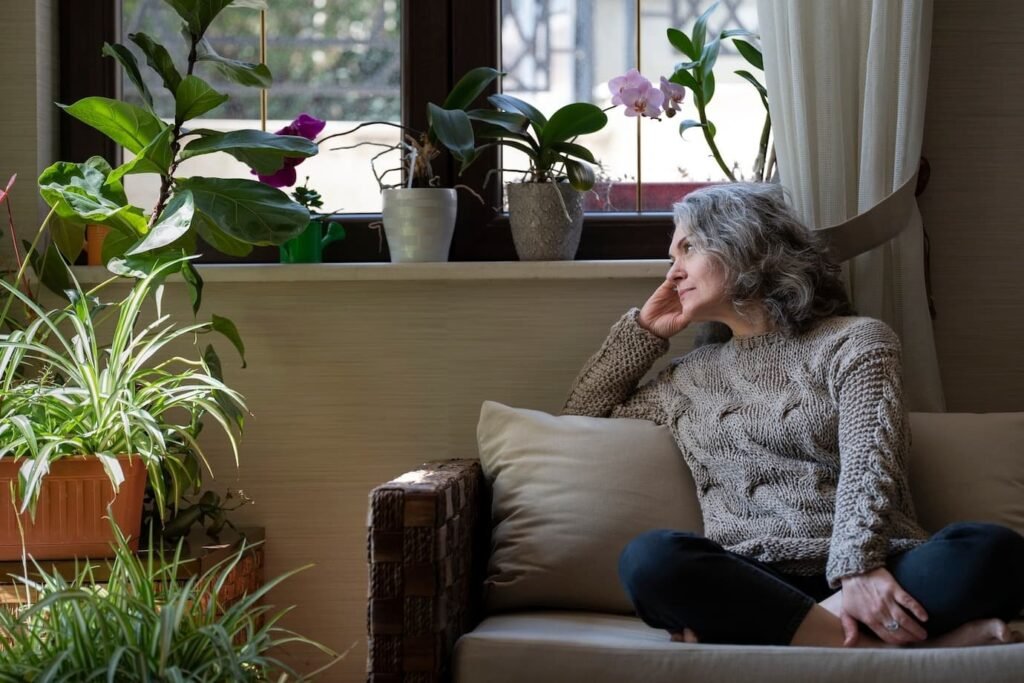

This depression is common in older people, especially those who lead a sedentary life post-retirement and are going through certain health issues. Socioeconomic background too matters in this case. The psychiatrist said this is not only geriatric depression but various other mental health issues that impact these older people like dementia, Alzheimer’s, anxiety, cognitive disability, schizophrenia, Parkinson’s, mood disorders, etc., to name a few.
Causes Of Mental Health Issues In Older People
The psychiatrist explained that there is a gradual change in brain chemistry as people grow old. A dip in happy hormones, like serotonin, endorphins, dopamine, oxytocin, etc., leads to various mental and emotional problems in older people. A sedentary lifestyle, physical disability, weakness, poor joint health, musculoskeletal pains, etc., make things worse for them. Social aloofness, declining cognitive abilities, and mental, emotional, and physical dependency make them feel helpless and worthless as well. The death of loved ones, life partners, or close friends increases the anxiety of impending death. The inability to express their helplessness further deteriorates their condition.
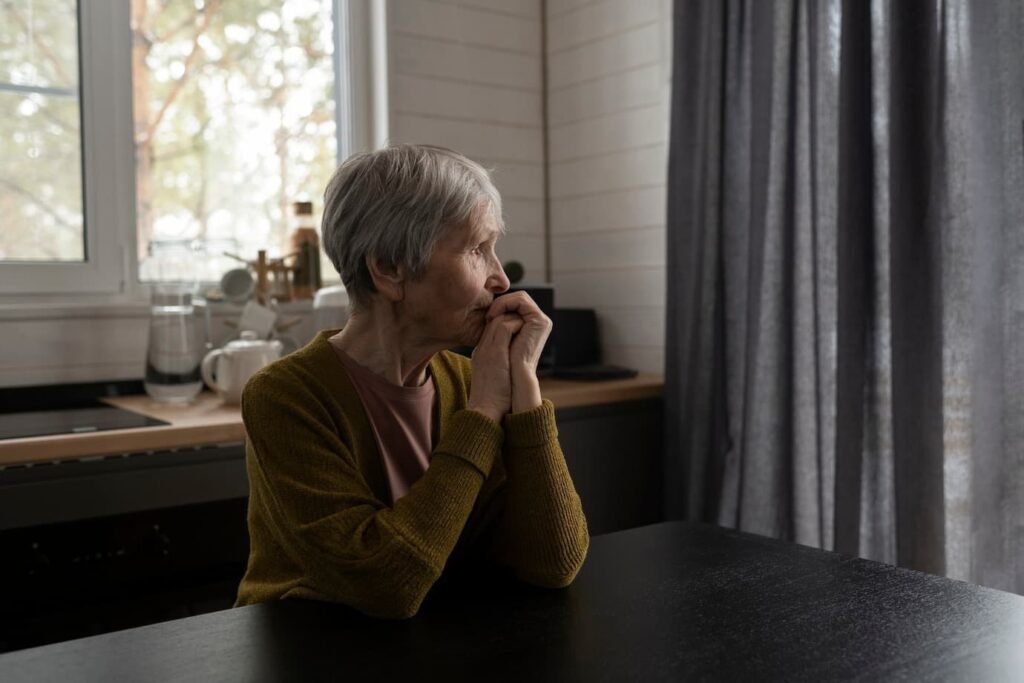

5 Major Mental Health Issues In Older People
Most of the older suffer from five major mental health issues. Many times these are overlooked by the family members as a part of old age. This deteriorates their condition further. As per WHO, there is a high significance of suicidal deaths in older adults all over the world, irrespective of socio-economic status. Timely care and medical intervention can save these suicidal cases.
1. Geriatric depression
This is the most common type of depression found in the oldies. This manifests in multiple ways, like a lack of interest in daily activities, decreased social interaction, decreased appetite, not taking medicines, persistent sadness, irrational anger, irritability, and others. There are reports of suicide attempts in the elderly in various parts of the world. Suicidal thoughts or thoughts of impending death and related topics are very common. Loneliness, worthlessness, and helplessness add fuel to this condition. This can be due to the fear of death, pain, and other physical and mental health conditions.
Recognizing these signs is crucial. This condition mostly exists with other medical conditions and can impact deeply on physical health. Chronic pain, cognitive decline, uncontrolled nature’s call, and physical dependency contribute to geriatric conditions. An empathetic approach by family and immediate caregivers is required. Treatment approaches may include psychotherapy, medication, and lifestyle changes. This condition can be well-managed with a collaborative effort from mental health experts and family.
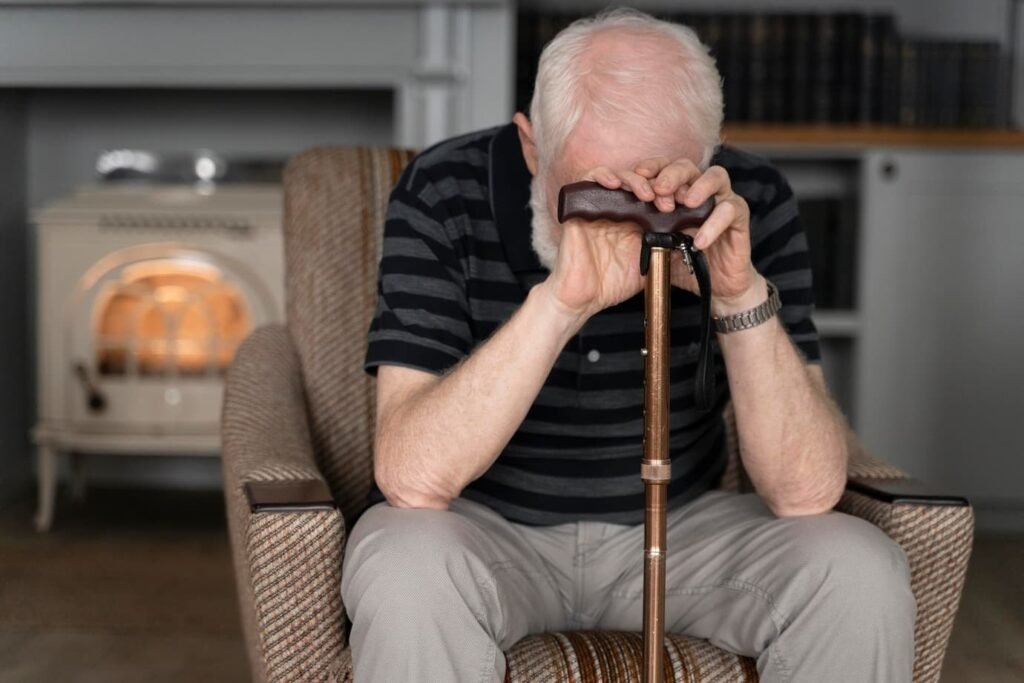

2. Dementia
Dementia is a cognitive decline that is a part of the aging process. It impairs with the daily activities and the ability to perform them in older adults. It’s a progressive condition affecting memory and cognitive functions. Forgetting their name, route to the house, forgetting to flush after using the washroom, inability to count, recall, or more confused state of mind are several basic symptoms of dementia. Medications can help in making the condition manageable and reduce its progression. Talking to a psychologist, or a doctor will help in understanding the condition better and one can provide better care to the person. Family counseling will help understand the condition and manage it better.
3. Anxiety disorders
We might have noticed a sudden anxiety in your older parents. We might dismiss this as an overreaction but this goes beyond it. One can easily notice increased anxiety in older adults. Inability to do things on their own, inability to understand things that are going around, helplessness, dependency, cognitive decline, and other health conditions lead to anxiety disorders in older adults. This can be as simple as generalized anxiety disorder (GAD), phobias, excessive worry, fear, and thinking about catastrophe. Counselling helps to a major extent in these cases. Changing thinking fallacies, cognitive-behavioral therapy (CBT), relaxation techniques, mindfulness, being a part of supportive groups, and medication in extreme cases help a lot to manage these conditions.
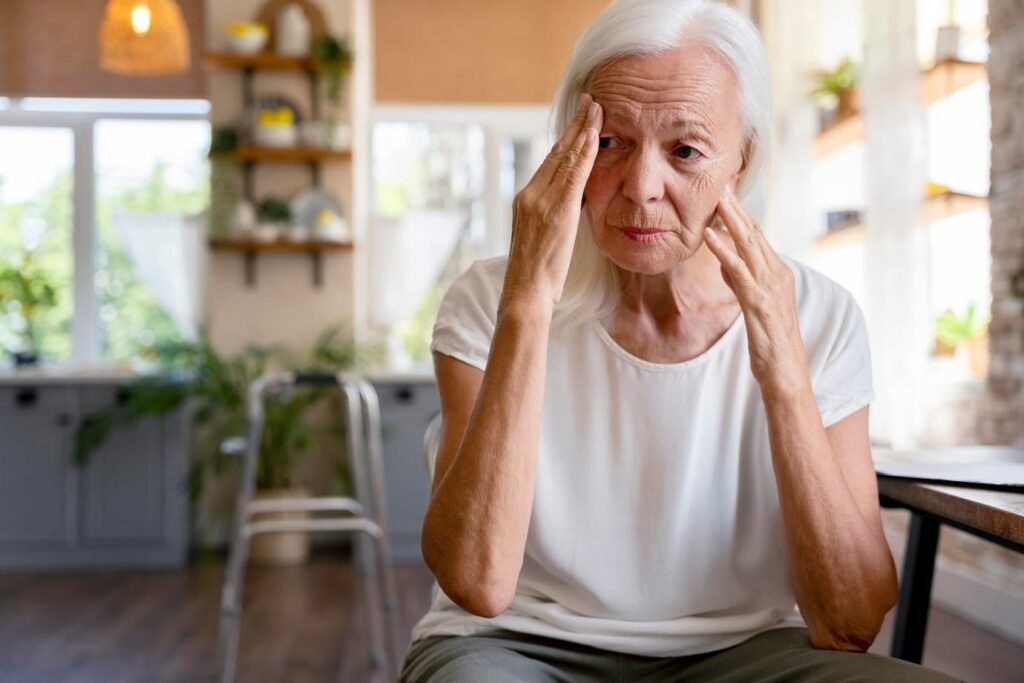

4. Cognitive decline
A decline in thinking abilities, decision-making abilities, understanding capabilities, and ability to perform simple tasks such as rote counting, and similar activities is considered cognitive decline. It comes as a part of the normal aging process. Severe impairment in cognitive abilities can impact daily activities. Giving up on fun activities, hobbies, general physical activities, reading, and other activities that engage mental stimulation leads to cognitive decline in older people. Lifestyle changes, engaging in social activities, trying to perform daily activities on one’s own, and engaging in mentally stimulating activities will help maintain cognitive health in older adults.
5. Alzheimer’s disease
Alzheimer’s is a progressive neurodegenerative disorder impacting the oldies. Though it’s more neurodegenerative by nature, it shows a cluster of symptoms that are a part of mental health decline in older people. Dementia, and memory loss, are a few in the primitive stages of Alzheimer’s. It is the common cause of dementia characterized by a decline in basic cognitive functions, decreased memory, decreased reasoning skills, and language. With the progression of the disease, a person may experience behavioral changes, personality changes, and impaired daily functioning. Alzheimer’s has no cure but timely diagnosis, medical intervention, support, and an empathetic approach can enhance the quality of life for the affected elderly.
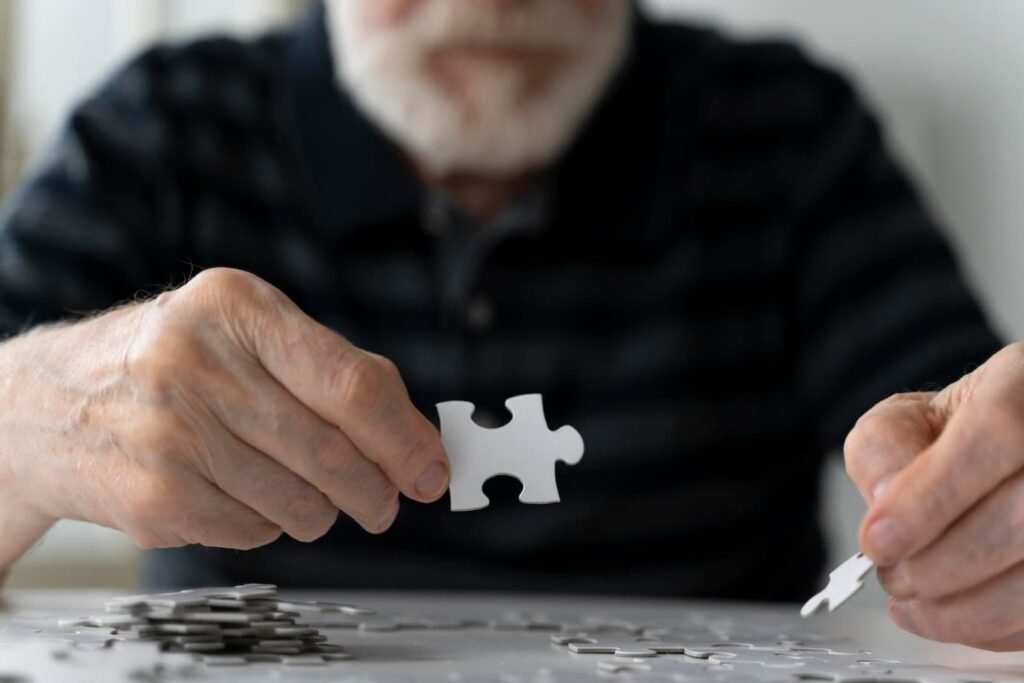

10 Best Ways To Deal With Mental Health Issues In Older Adults
Most of the psychological issues in older people can be dealt with effectively with medication, lifestyle changes, and proper support from family and caregivers. Here are ten effective ways to deal with mental health issues in oldies.
1. Regular health checkup
Regular health checkups are mandatory for older adults to keep track of their condition. It is imperative for their physical and mental well-being. Early diagnosis of any ailment whether physical or mental health can be nipped in the bud with timely intervention and help.


2. Therapeutic interventions
Counselling, psychotherapy, cognitive-behavioral therapy, NLP, and many other therapies are there to address underlying emotional concerns and to develop better-coping mechanisms. Most mental health issues can be handled best with counselling.
3. Medication management
Medicines play a vital role in managing symptoms associated with conditions like stress, anxiety, depression, dementia, and other co-morbid physical health conditions. Regular checkups will enable adjusting the doses or eliminating a few keeping in view the improvements
4. Maintain a healthy lifestyle
Post-retirement, men tend to lead a sedentary life. Decreased physical activities, social interactions, and lack of mental engagement lead to loneliness and a gradual decline in the mental health state. Maintaining a healthy lifestyle is the first step towards well-being.
5. Social engagement
Engaging with people of similar age groups or with like-minded people or mingling with people in supportive groups develops social engagement fostering social connections. The bonds are necessary for emotional well-being where older people connect empathetically and stand as emotional supports. Where they can discuss their issues without being judgmental. Social connections with relatives, and family members foster emotional bonding within the family, making their aging journey an enriching experience.


6. Mindfulness and relaxation techniques
Numerous thoughts are coming into the mind without any effort being put in. These thoughts are unproductive, rather than make them more anxious and depressed for no apparent reason. Mindfulness and relaxation techniques will help them manage stress. These activities also rewire their brain, thus improving their psychological well-being.
7. Cognitive stimulation
Indulge in mentally stimulating activities. There are various props available online and physical props that one can try. It can be as simple as dribbling a small ball, counting beads, playing with a thread, simple puzzles, and similar things that will keep one’s mind engaged.
8. Supportive environment
A supportive environment from the family goes a long way in providing a safe and confident getaway to the elderly where they can breathe with ease. It is all about being empathetic towards them, establishing routines, using memory aids for them, ensuring clutter-free space, enhancing their sense of security, and being on their side when they need you.
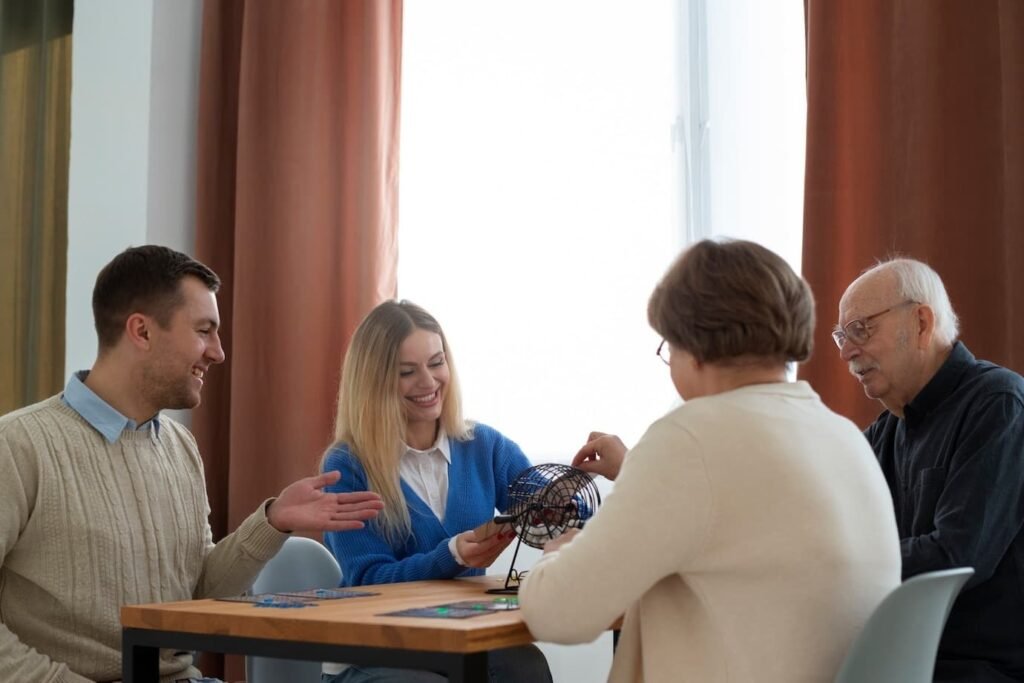

9. Financial planning
A family dealing with an elderly with these issues, of course, goes through financial burdens. This requires financial planning in advance. Many insurance companies offer mental health insurance policies too and some include mental health in their regular health policies. Making the right financial choice, and investments will always put you away from the monetary strain.
10. Encourage hobbies and interest
As people age, they give up on most of their hobbies and interests. Simple activities like gardening, walking, playing a light sport, reading, and engaging in some volunteering activities will foster a sense of purpose and fulfillment. Engaging in the activities that they enjoy can contribute to a positive outlook and improved mental well-being.
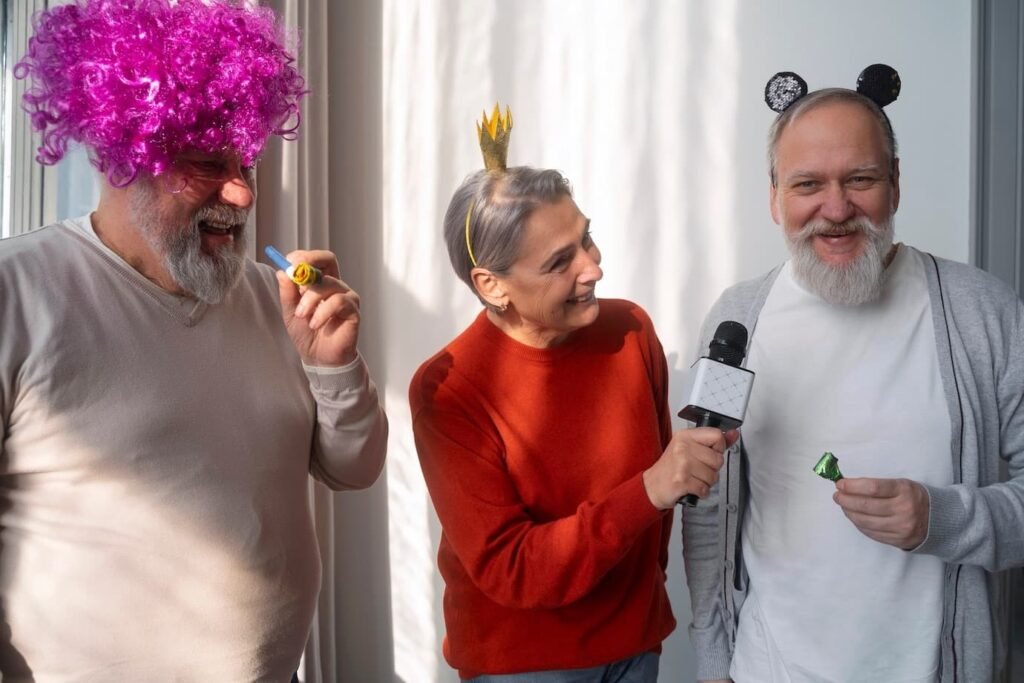

Role Of Family And Mental Health Expert
It’s the teamwork of the family, the doctor, and the mental health provider that plays a crucial role in addressing these mental health issues in the elderly. Family provides the foundation support system, offering emotional support, understanding, and giving a sense of belonging. The immediate family members can identify the early signs of distress and the changes in the mental and emotional state of the elderly.
Mental health professionals, on the other hand, are experts in their field and offer their best diagnosis, therapeutic interventions, and treatment. They not only treat but also extend their support in educating the families of the elderly about their condition and try to create a supportive environment. These joint efforts ensure a comprehensive and personalized approach to the well-being of the elderly and foster an optimistic environment.
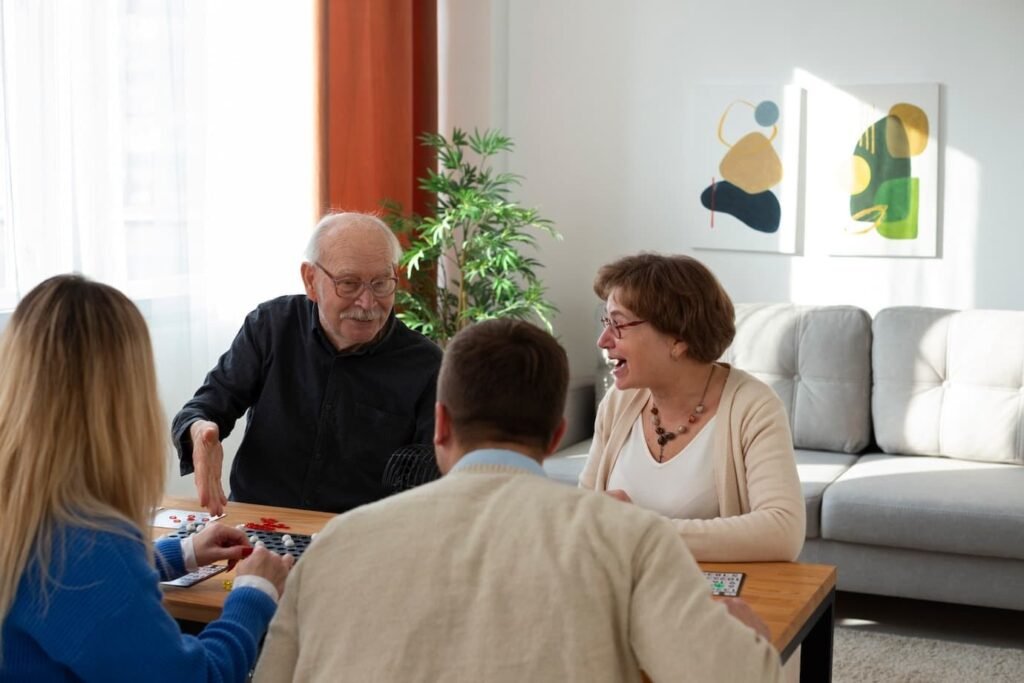

Get Help At OnlineCounselling4U
Seeking support through online mode is a convenient way. Here at OnlineCounselling4U, we offer the best support to the family of the elderly and offer the best-suited guidance and educate them about their condition. Here we have a team of licensed practitioners who are experienced and expert mental health professionals. Through OnlineCounselling4U, one can access a range of therapies depending on their condition, like CBT, NLP, and mindfulness-based approaches. Here we foster a supportive environment with a non-judgmental and empathetic approach and ensure utmost confidentiality. Support is where trust is!


“The wiser mind mourns less for what age takes away than what it leaves behind.” – William Wordsworth
Want to talk to Counsellor? – book a session
Call us now – +91 9811335150
Mail us now @ info@onlinecounselling4u.com
Follow us on Facebook or Instagram
Talk to a Psychologist for Online Counselling
Book Appointment Now 100% Private & Secure
Convenient, 100% anonymous, safe, certified professional counseling online.